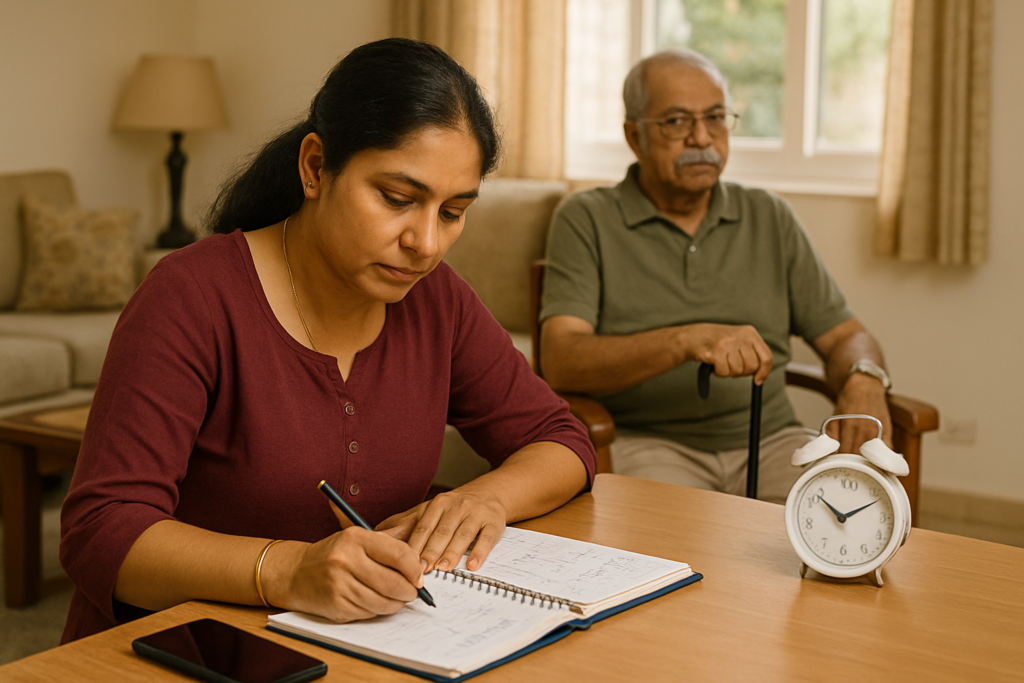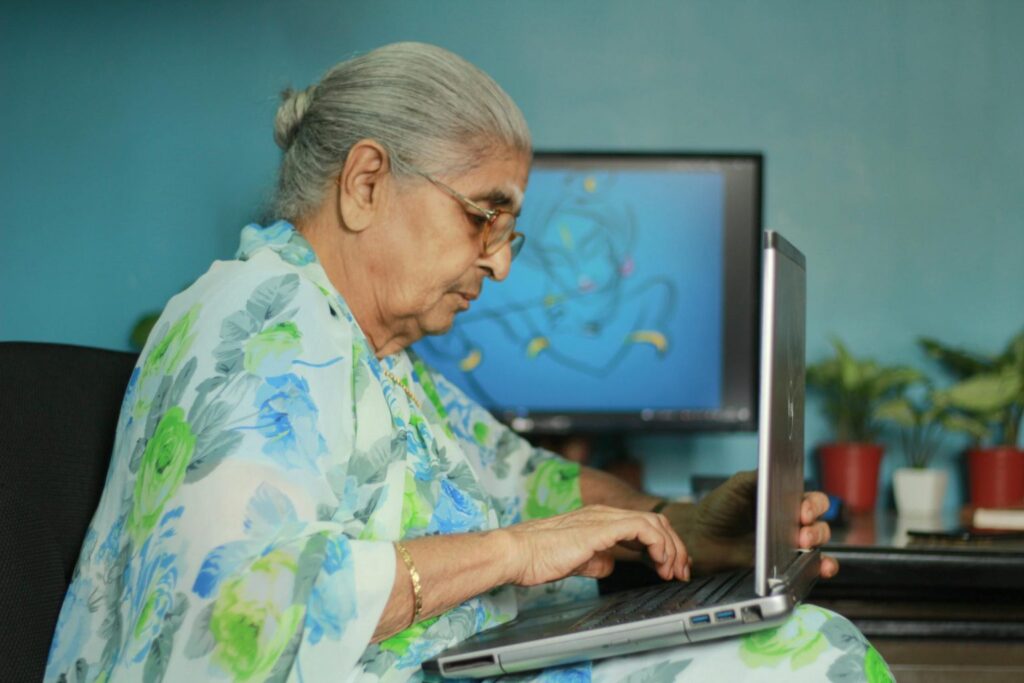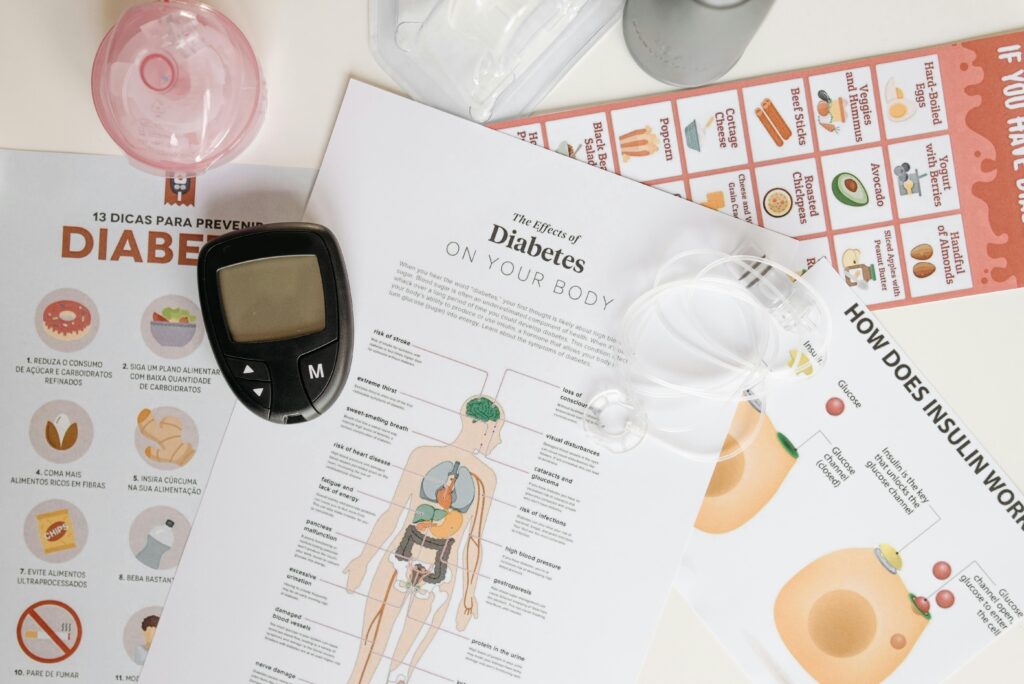Caring for an elderly loved one is an act of deep love and responsibility. But it’s also a role that demands time, energy, and emotional strength. Many caregivers find themselves juggling work, family responsibilities, and caregiving all at once. The result? Exhaustion, stress, and a feeling that there just aren’t enough hours in the day.
The truth is, you can’t add more hours to the clock—but you can make the most of the ones you have. With smart planning and a few adjustments, caregiving can feel more manageable, leaving you with time for yourself as well.
Why Time Management Matters for Caregivers
When you’re caring for someone, every day brings tasks that cannot be postponed—meals, medication, doctor visits, hygiene, emotional support. Without structure, these responsibilities can quickly become overwhelming. Poor time management can lead to burnout, reduced quality of care, and even health problems for the caregiver.
On the other hand, effective time management helps you:
- Maintain a balance between caregiving and personal life
- Stay organized and reduce last-minute stress
- Provide consistent and reliable care
- Protect your own health and well-being
Plan Your Day the Night Before
A well-planned day starts the evening before. Spend 10–15 minutes writing down the next day’s priorities. Note fixed appointments like medical check-ups, and then add caregiving tasks such as bathing, exercise, or meal prep.
Use a simple notebook, a wall calendar, or even a mobile reminder app. The goal is to start your day with clarity instead of rushing into it.
Prioritize What Truly Matters
Not all tasks are equally important. Learn to identify the “must-do” activities versus those that can wait.
For example, ensuring medication is taken on time is non-negotiable, while reorganizing the kitchen can be postponed if the day is already busy.
A simple rule is to focus on three major priorities each day, and consider everything else a bonus.
Combine Tasks Where Possible
Look for ways to save time by combining compatible activities. For instance:
- While your loved one is eating, you can prepare their medicine for the day.
- During a short walk with them, make necessary phone calls on speaker mode.
- Play their favourite music or devotional songs while you tidy the living space.
These small combinations can free up significant time over the week.
Use a Caregiving Calendar
A caregiving calendar helps keep track of:
- Doctor appointments
- Medication refills
- Home health visits
- Therapy or exercise sessions
Having everything in one place means fewer missed appointments and less time spent searching for information.
You can use colour codes for different activities—medical, personal care, and family time.
Share the Responsibility
Caregiving doesn’t have to be a one-person job. Involve other family members, friends, or even neighbours who are willing to help.
You could assign:
- Grocery runs to a sibling
- An hour of companionship from a neighbour
- Weekend visits from relatives to give you a short break
Even a small shift in responsibility can give you breathing space.
Make Use of Services and Tools
Hiring occasional help from trained caregivers, arranging home health visits, or using grocery delivery services can save hours of your time.
Technology can also help—alarms for medication, voice assistants for reminders, and health apps for record-keeping.
Schedule Time for Yourself
Many caregivers feel guilty about taking breaks, but self-care is not a luxury—it’s essential. Even 15 minutes of quiet reading, a short walk, or a quick phone call to a friend can refresh your mind.
Remember, you can only give your best care when you’re not running on empty.
Expect the Unexpected
Caregiving often comes with last-minute changes—a doctor visit rescheduled, sudden illness, or emotional outbursts. Build in a little buffer time between activities so you’re not constantly rushing.
Accept that some days won’t go as planned, and that’s okay. Flexibility is part of good time management.
Final Thoughts
Being a caregiver is one of the most challenging and rewarding roles. By planning ahead, setting priorities, and making use of available resources, you can manage your time better and reduce stress.
A well-managed day not only benefits you but also ensures your loved one gets consistent, thoughtful care. With the right approach, you can strike a balance between your caregiving duties and your own life.
💬 We’d love to hear from you!
What’s your best time-saving tip as a caregiver?
Share your thoughts in the comments below so other caregivers can learn from your experience.
If you found this blog helpful, please share it with friends or family who might benefit too!





